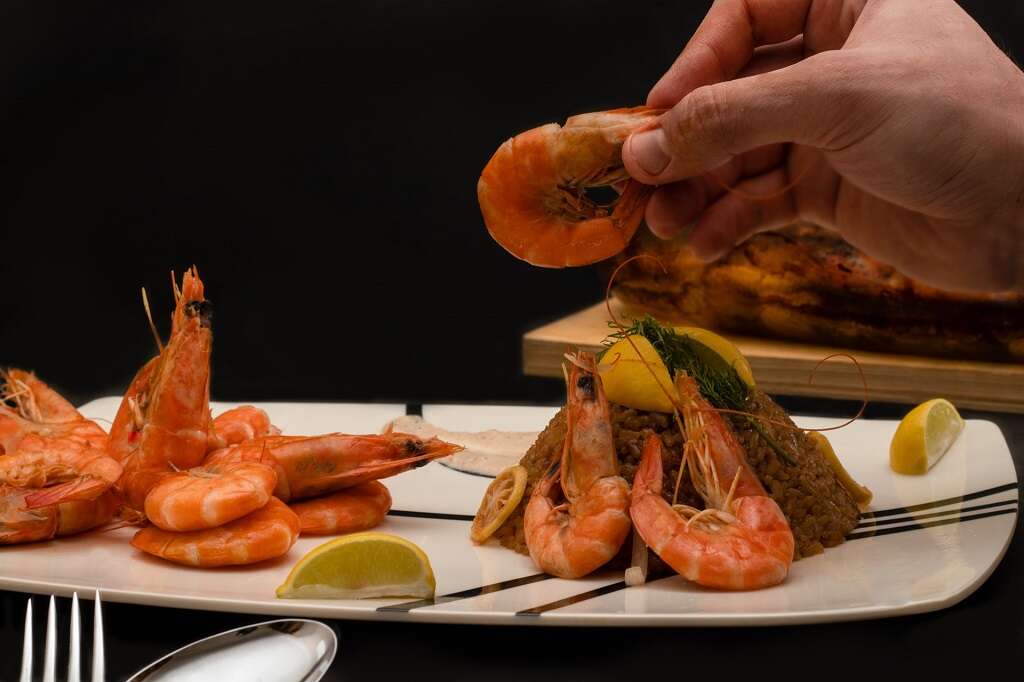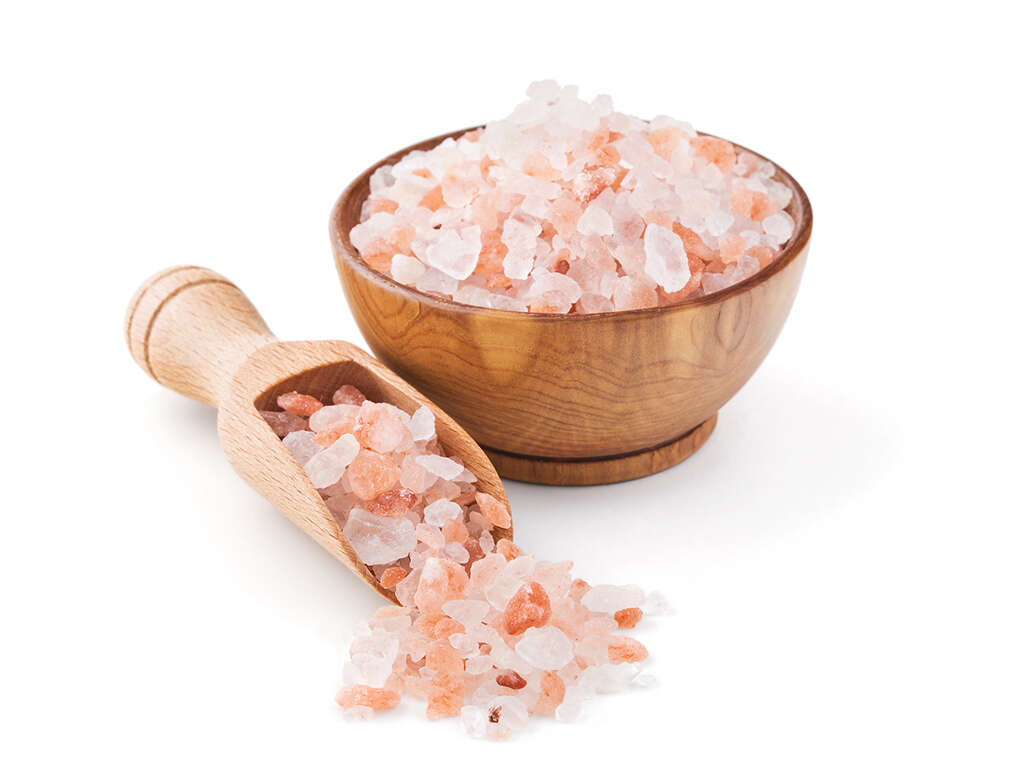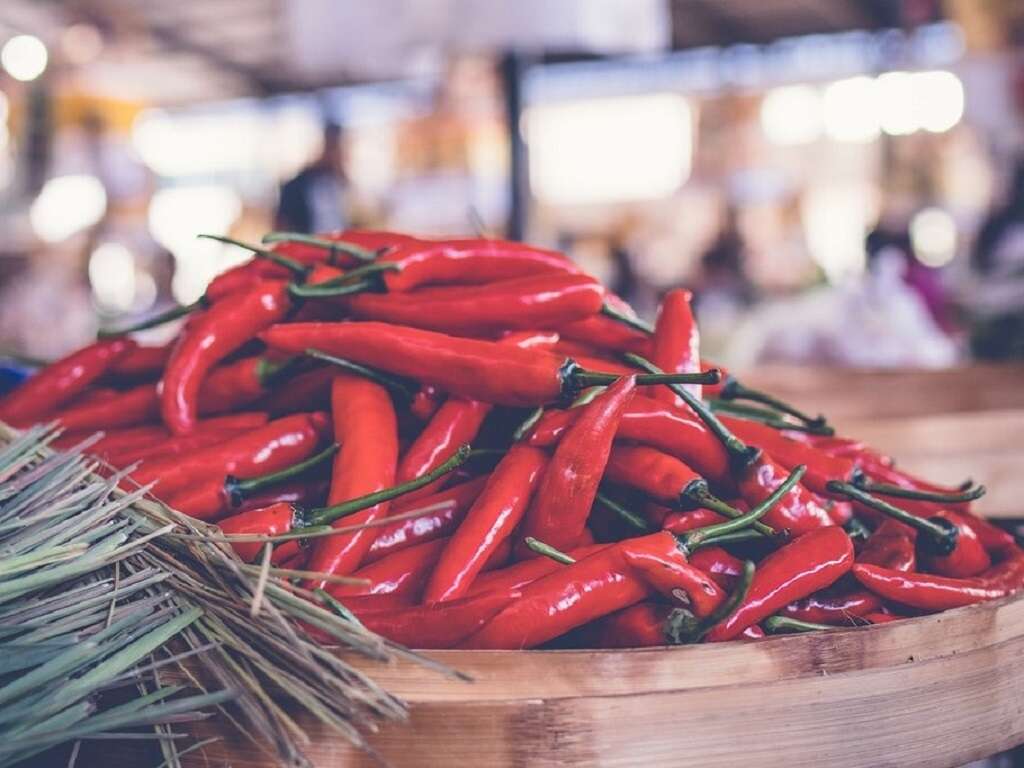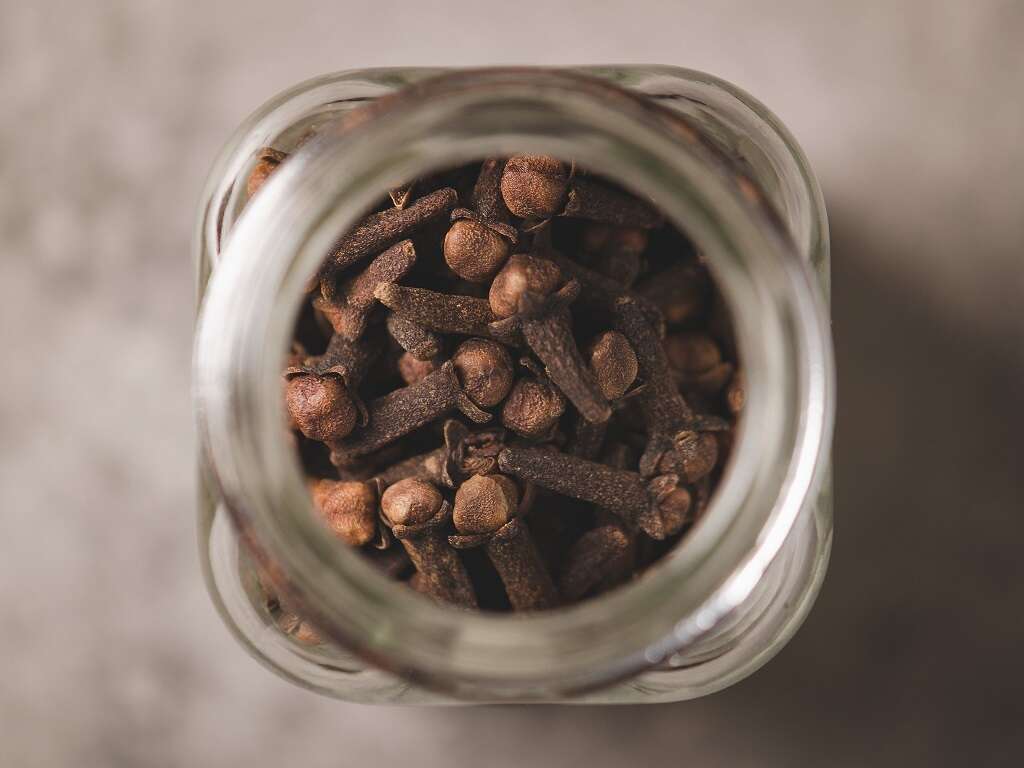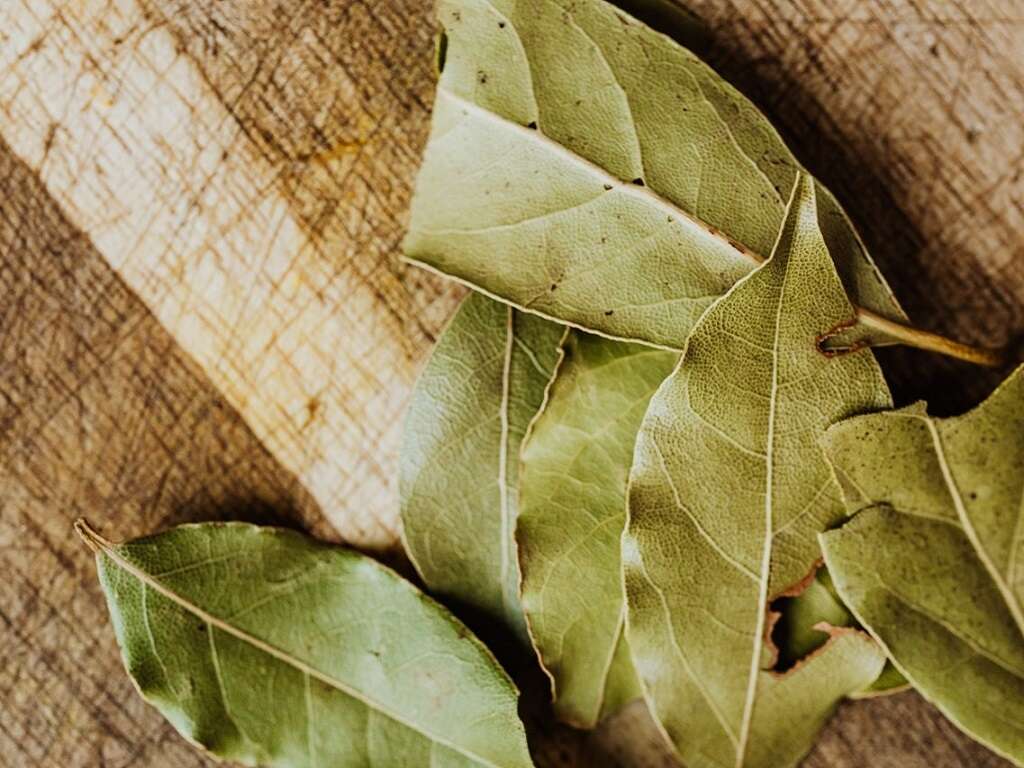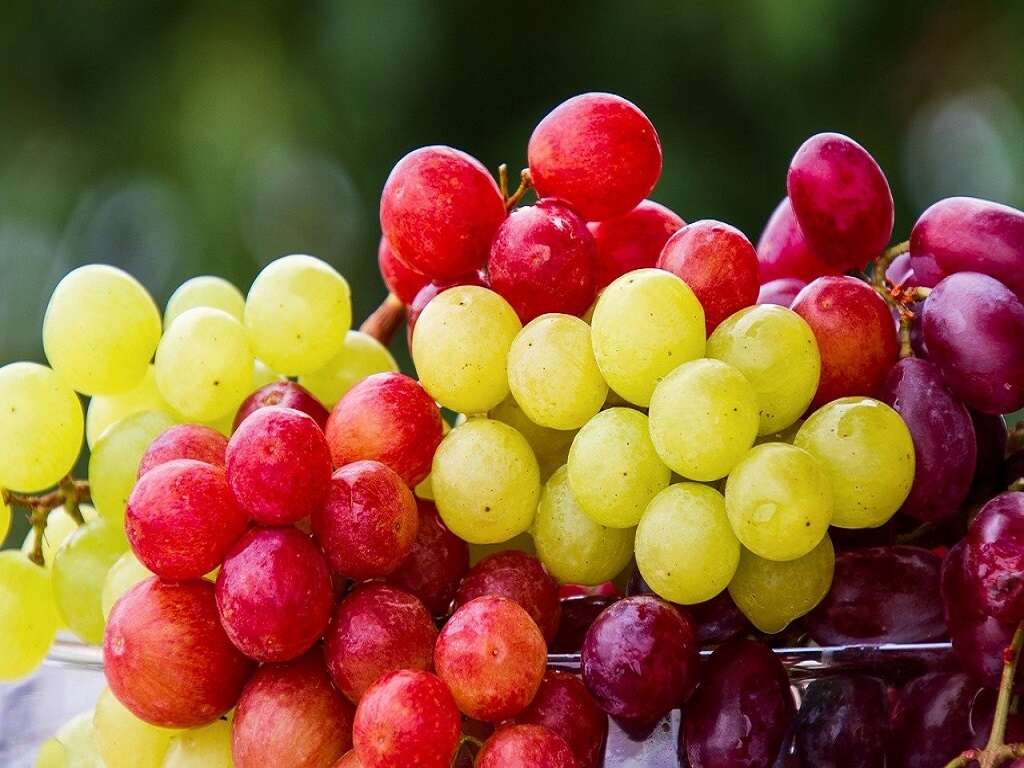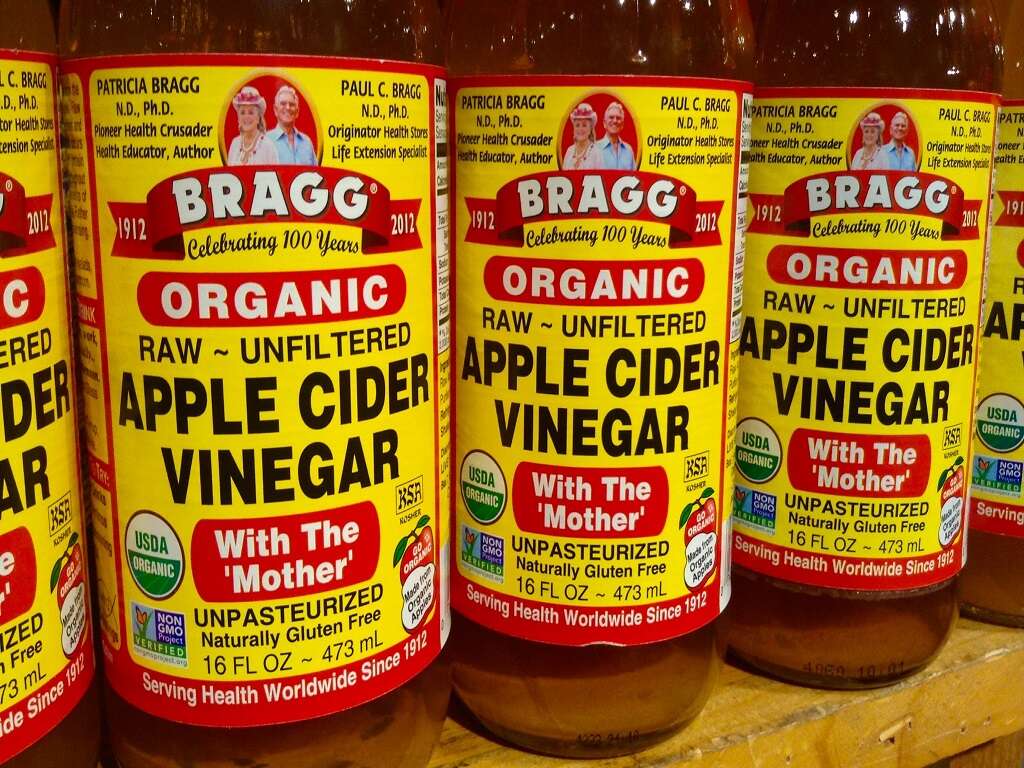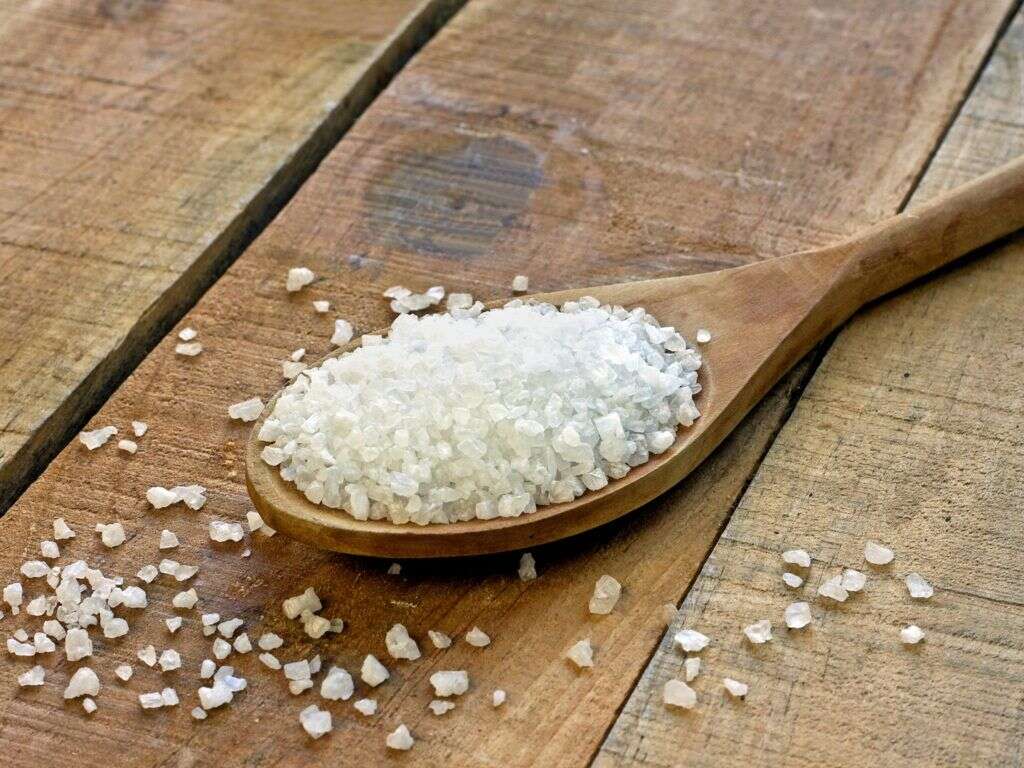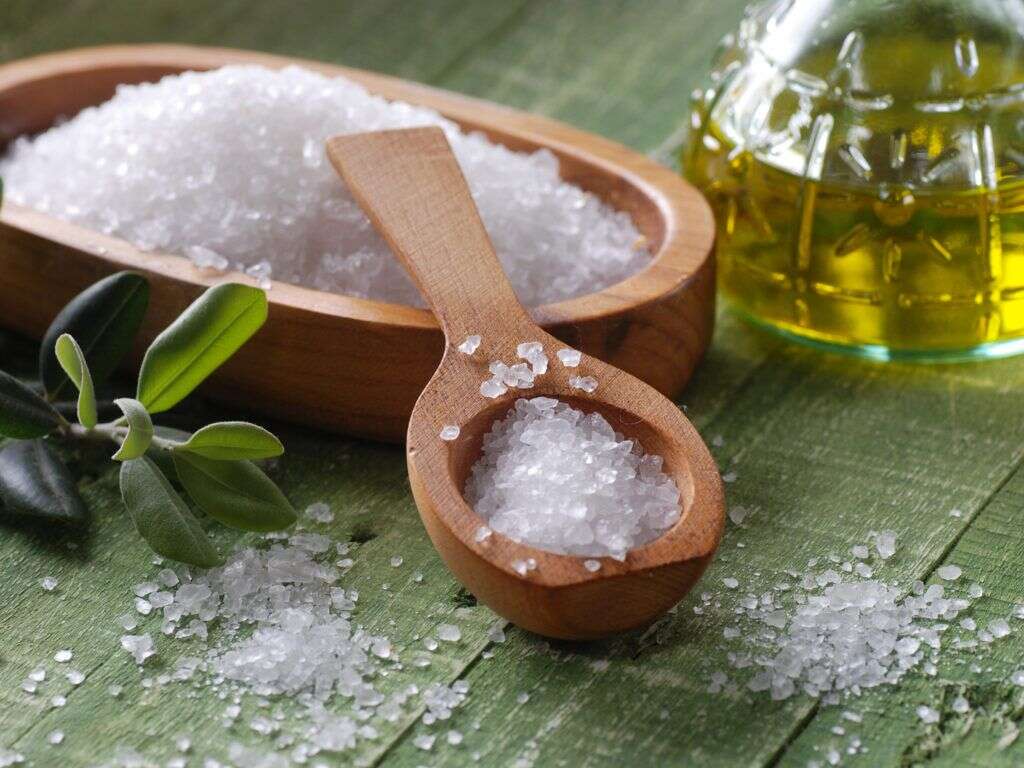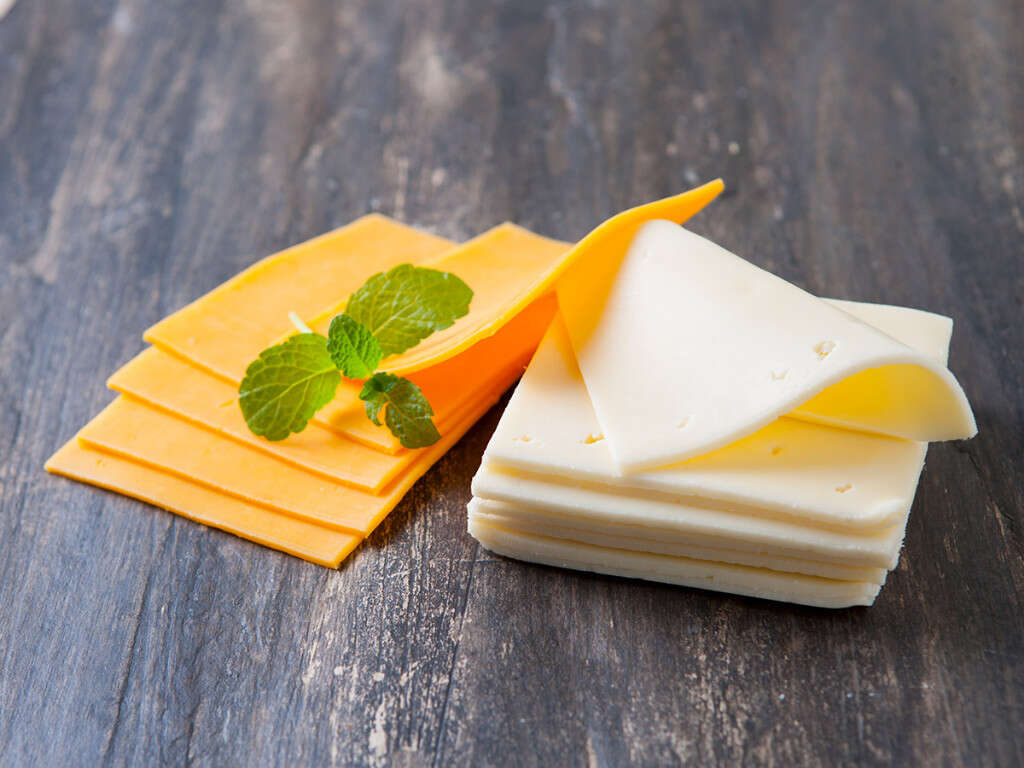10 Iodine Rich Foods
 Article Sources
Article Sources
- 1. 'Iodine in Diet: MedlinePlus Medical Encyclopedia' MedlinePlus, U.S. National Library of Medicine, medlineplus.gov/ency/article/002421.htm
- 2. Gunnarsdottir, Ingibjörg, et al. 'Iodine Intake and Status in Iceland through a Period of 60 Years.' Food & Nutrition Research, CoAction Publishing, 27 May 2009, www.ncbi.nlm.nih.gov/pmc/articles/PMC2691155/
- 3. Yeh, Tai Sheng, et al. 'Analysis of Iodine Content in Seaweed by GC-ECD and Estimation of Iodine Intake.' Journal of Food and Drug Analysis, No Longer Published by Elsevier, 17 Feb. 2014, www.sciencedirect.com/science/article/pii/S1021949814000155
- 4. 'Office of Dietary Supplements - Iodine.' NIH Office of Dietary Supplements, U.S. Department of Health and Human Services, ods.od.nih.gov/factsheets/Iodine-HealthProfessional/
- 5. 'Office of Dietary Supplements - Iodine.' NIH Office of Dietary Supplements, U.S. Department of Health and Human Services, ods.od.nih.gov/factsheets/Iodine-Consumer/
- 6. Aquaron R;Delange F;Marchal P;Lognoné V;Ninane L; 'Bioavailability of Seaweed Iodine in Human Beings.' Cellular and Molecular Biology (Noisy-Le-Grand, France), U.S. National Library of Medicine, pubmed.ncbi.nlm.nih.gov/12146713/
Shellfish
Many types of shellfish are good dietary sources of iodine as they absorb some iodine that is naturally present in seawater. For example, shrimp, as well as being a good source of protein and many nutrients, is relatively rich in iodine. Additionally, shrimp provide vital nutrients such as phosphorus, vitamin B12 and selenium.
Shellfish such as oysters are also relatively rich in iodine, but their iodine levels will depend on the seawater iodine levels where they are harvested.
Advertisement
